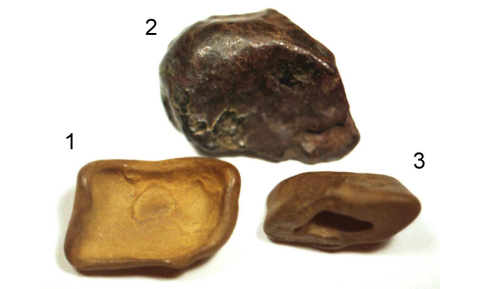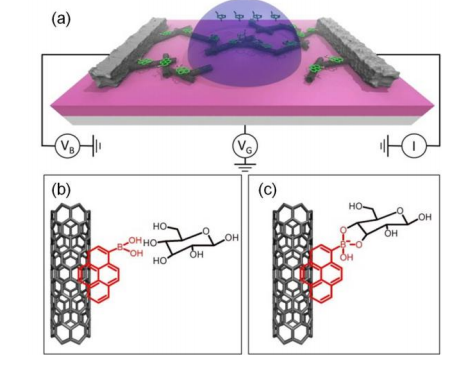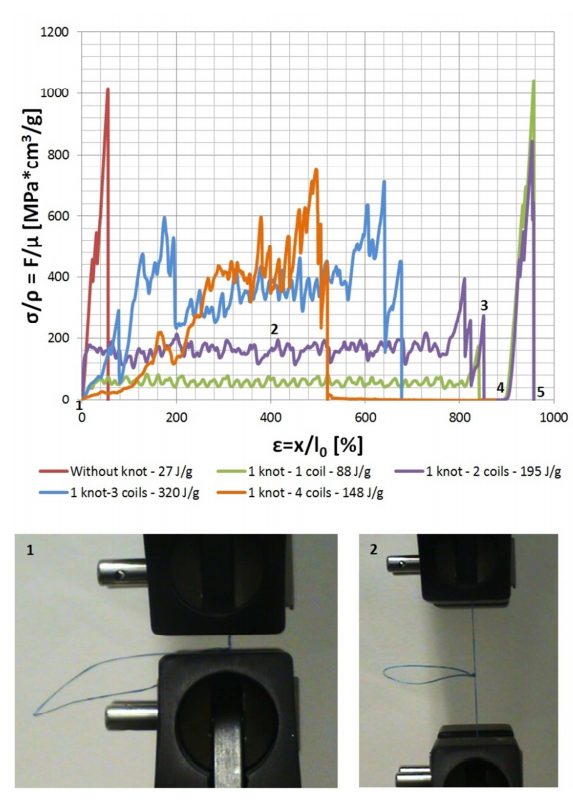- US Air Force Measures Potato Cannon Muzzle Velocities
- Stephen Wolfram on Personal Analytics
The creator of the Wolfram Alpha search engine explains why he thinks your life should be measured, analyzed, and improved.
Don’t be surprised if Stephen Wolfram, the renowned complexity theorist, software company CEO, and night owl, wants to schedule a work call with you at 9 p.m. In fact, after a decade of logging every phone call he makes, Wolfram knows the exact probability he’ll be on the phone with someone at that time: 39 percent.
- Honeypots Lure Industrial Hackers Into the Open
Dummy water-plant control systems rapidly attracted attention from hackers who tinkered with their settings—suggesting it happens to real industrial systems, too.
Just 18 hours after security researcher Kyle Wilhoit connected two dummy industrial control systems and one real one to the Internet, someone began attacking one of them, and things soon got worse. Over the course of the experiment, conducted during December 2012, a series of sophisticated attacks were mounted on the “honeypots,” which Wilhoit set up to find out how often malicious hackers target industrial infrastructure.
- Pentagon Points Finger at Chinese Army Over Computer Attacks
A Department of Defense report says that China’s military is infiltrating, and could attack, U.S. government computer networks.
For years now security companies have described that attacks originating in China routinely infiltrate and steal data from U.S. corporate networks, and that similar activity targets U.S. government systems, too. But even as politicians and government officials have begun to speak more freely about the issue (see “U.S. Power Grids, Water Plants a Hacking Target”), they have stopped short of making specific accusations about who is responsible. In April, President Obama’s national security adviser Tom Donilon talked vaguely of attacks “emanating from China.”
Digest powered by RSS Digest








